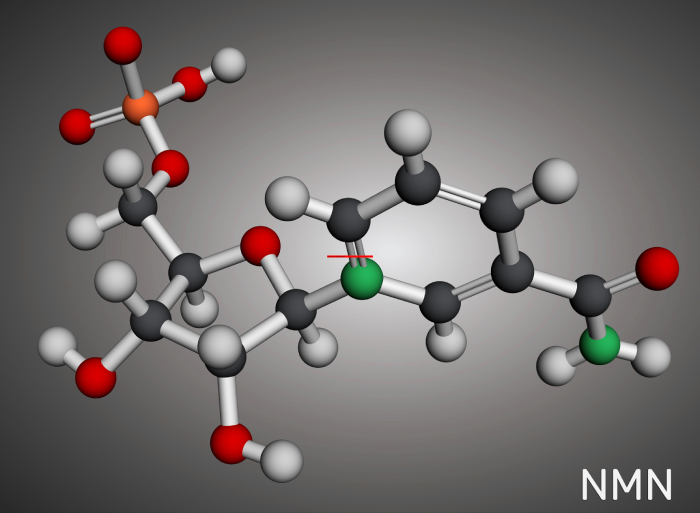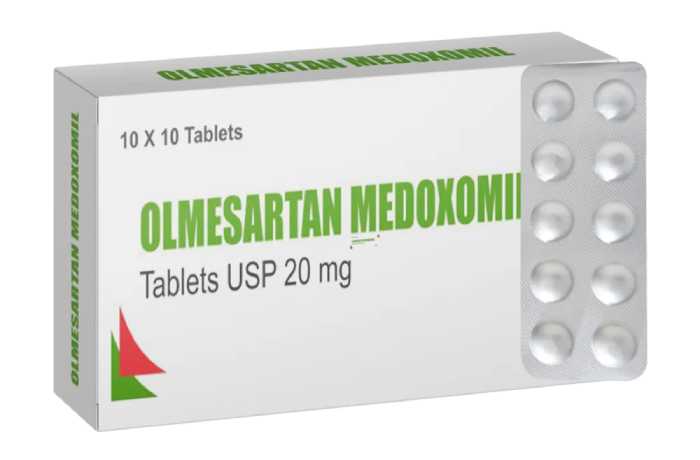FDA Accepts NDA for Novel Combination Therapy in Rare Ovarian Cancer
Verastem Oncology, a pioneering biopharmaceutical firm dedicated to developing innovative cancer treatments, has announced a significant milestone in their quest to combat low-grade serous ovarian cancer (LGSOC). The U.S. Food and Drug Administration (FDA) has accepted for review their New Drug Application (NDA) for a groundbreaking combination therapy: avutometinib, an oral RAF/MEK clamp, used in conjunction with defactinib, an oral FAK inhibitor.
This therapy targets adult patients with recurrent LGSOC who have undergone at least one prior systemic treatment and possess a KRAS mutation. The NDA, submitted in October 2024, has been granted Priority Review status, with a Prescription Drug User Fee Act (PDUFA) action date set for June 30, 2025. Notably, the FDA has indicated that it does not currently plan to convene an advisory committee meeting to discuss the application.
Dan Paterson, president and chief executive officer of Verastem Oncology, expressed enthusiasm about this development, highlighting the critical unmet need in treating this rare and challenging disease. He emphasized the potential for this combination to become the first FDA-approved treatment specifically designed for recurrent KRAS mutant LGSOC in the United States.
The significance of this advancement is underscored by the current lack of FDA-approved treatments tailored for LGSOC, a rare subtype of ovarian cancer that differs markedly from its high-grade counterpart in both biological characteristics and treatment response. The FDA’s decision to grant Priority Review status reflects the potential of this therapy to offer substantial improvements over existing options or to provide a treatment where none currently exists.
The NDA is supported by data from the Phase 2 RAMP 201 clinical trial, which evaluated the efficacy and safety of the avutometinib-defactinib combination in patients with recurrent LGSOC. Results presented at the International Gynecologic Cancer Society (IGCS) Annual Global Meeting in October 2024 demonstrated a significant overall response rate, confirmed by independent review, with durable responses and a generally well-tolerated safety profile. Additional supportive data from the FRAME Phase 1 trial, the initial study of this combination therapy in recurrent LGSOC, was also included in the application.
Verastem Oncology is currently conducting RAMP 301, an international Phase 3 trial, enrolling patients with recurrent LGSOC regardless of their KRAS mutation status. This study is designed to serve as a confirmatory trial for the initial indication and may potentially support an expanded indication irrespective of KRAS mutation status.
Commentary by SuppBase columnist Alice Winters:

The recent FDA acceptance of Verastem Oncology’s NDA for the avutometinib-defactinib combination marks a pivotal moment in the landscape of ovarian cancer treatment, particularly for patients with low-grade serous ovarian cancer (LGSOC). This development warrants a closer examination of its potential impact and implications for both patients and the broader oncology community.
First and foremost, the significance of this therapy lies in its targeted approach to LGSOC, a subtype that has long been overshadowed by its more common high-grade counterpart. The distinction between these subtypes is crucial, as LGSOC’s unique biology has rendered many standard ovarian cancer treatments less effective. By focusing on this specific patient population, Verastem Oncology addresses a critical gap in the current treatment paradigm.
The combination of avutometinib, a RAF/MEK clamp, with defactinib, a FAK inhibitor, represents a sophisticated approach to targeting the underlying mechanisms of LGSOC. This dual-action strategy aims to overcome the resilience of cancer cells by inhibiting multiple signaling pathways simultaneously. Such an approach aligns with the growing trend in oncology towards precision medicine, tailoring treatments to specific genetic profiles – in this case, patients with KRAS mutations.
The Priority Review status granted by the FDA is a testament to the potential impact of this therapy. It not only accelerates the regulatory process but also underscores the urgent need for effective treatments in this area. The absence of an advisory committee meeting, while not uncommon for treatments addressing unmet needs, suggests a level of confidence in the data presented.
However, it’s crucial to approach this development with measured optimism. While the Phase 2 RAMP 201 trial results are promising, showing substantial overall response rates and durability, the true test will come with the ongoing Phase 3 RAMP 301 trial. This larger study will not only serve as a confirmatory trial but also explore the therapy’s efficacy in a broader LGSOC population, potentially expanding its applicability.
The safety profile of this combination therapy, described as “generally well-tolerated,” warrants careful scrutiny. As with any new treatment, long-term safety data and real-world evidence will be crucial in determining its risk-benefit ratio, especially considering the chronic nature of many cancer treatments.
From a market perspective, Verastem Oncology’s potential to introduce the first FDA-approved treatment for recurrent KRAS mutant LGSOC represents a significant opportunity. It not only addresses an unmet medical need but also positions the company as a pioneer in this niche market. However, the success of this therapy will ultimately depend on its clinical performance, cost-effectiveness, and ability to improve patient outcomes meaningfully.
In conclusion, the FDA’s acceptance of this NDA marks a promising step forward in the treatment of LGSOC. It reflects a growing recognition of the need for subtype-specific approaches in ovarian cancer and the potential of targeted therapies to improve outcomes in challenging-to-treat cancers. As we await the PDUFA date in June 2025, the oncology community will be watching closely, hopeful for a new tool in the fight against this rare but formidable cancer.



